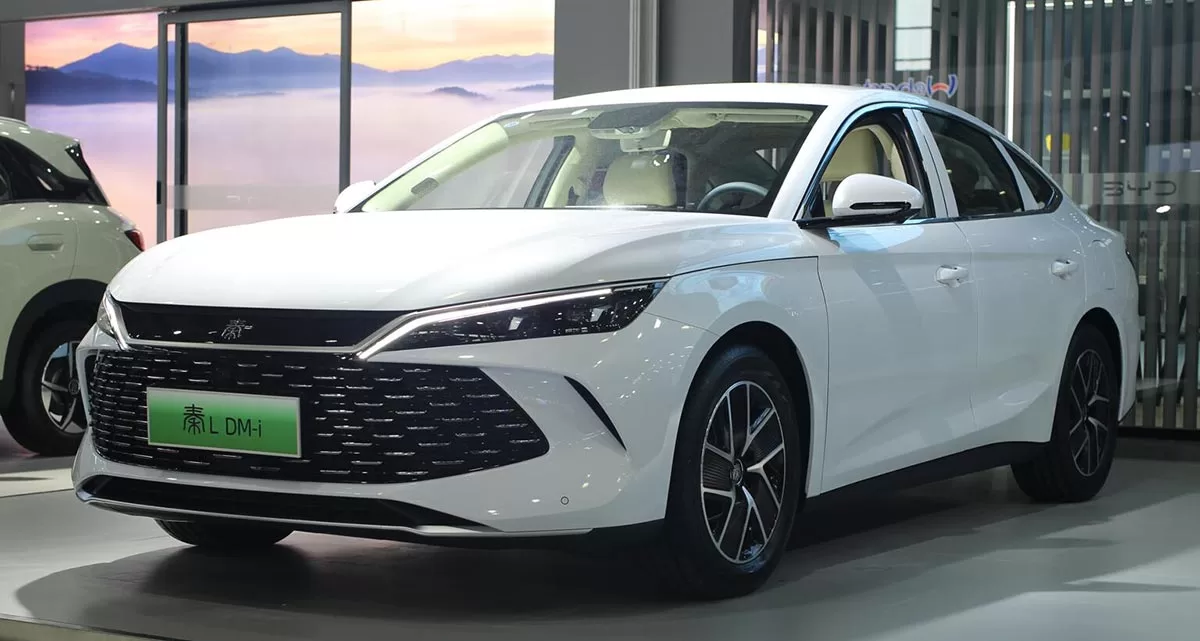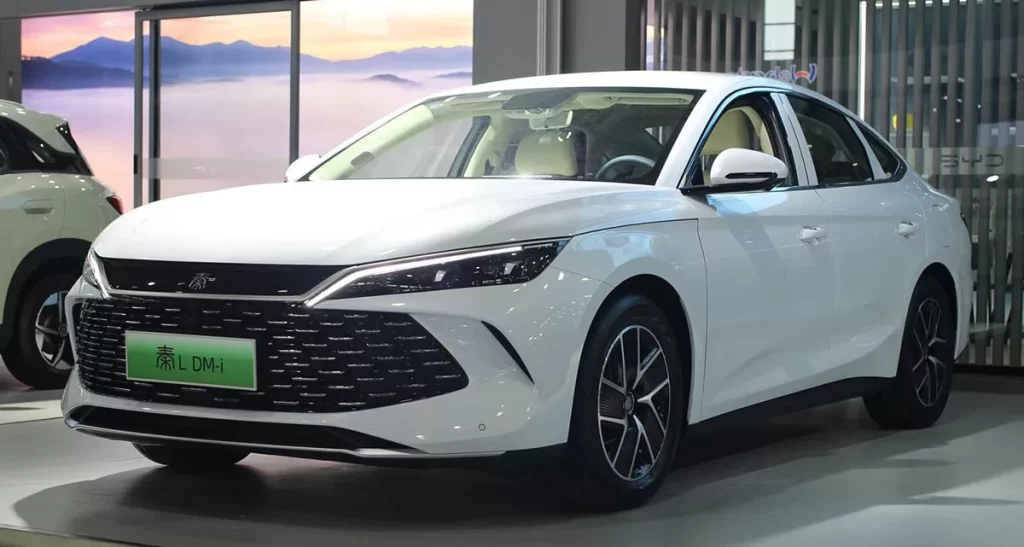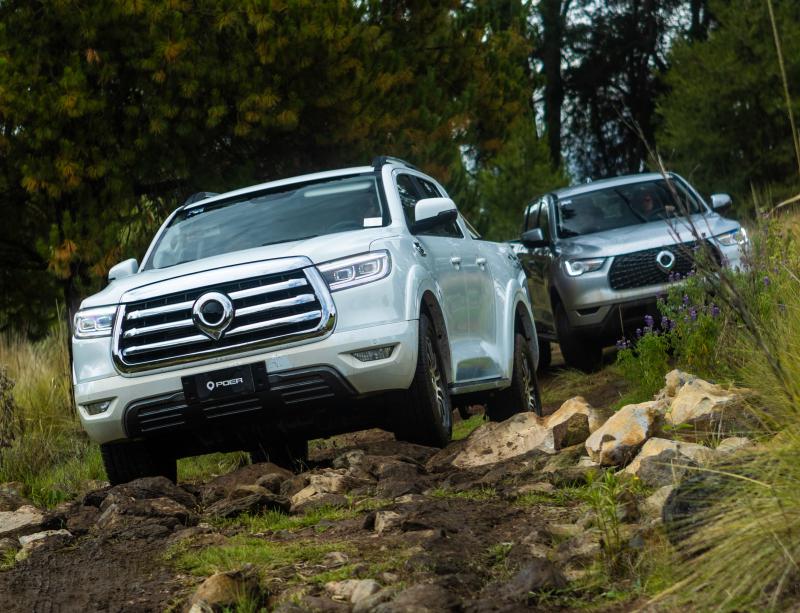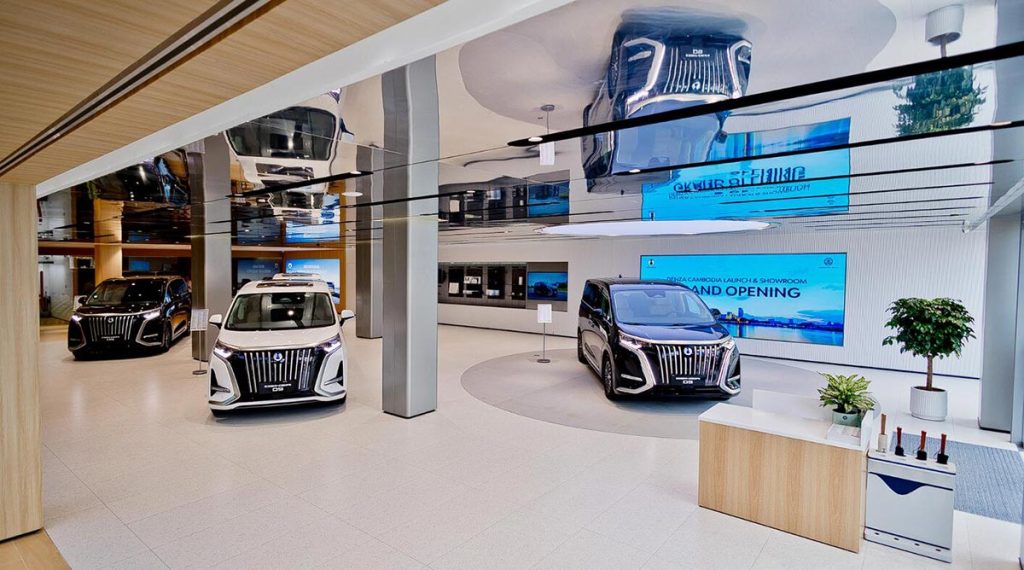Deutsche Bank: Higher Trade-In Subsidies in China to Boost Low-Priced NEVs Most

Chinese authorities have announced a doubling of subsidies for old-vehicle replacements, aimed at stimulating auto consumption. According to Deutsche Bank, this move will significantly benefit lower-priced new energy vehicles (NEVs), particularly those produced by BYD and Leapmotor, followed by Xpeng, Geely Auto, Changan, Great Wall Motor, and GAC.
Increased Subsidies for NEVs and Fuel Vehicles
Today, China’s Development and Reform Commission and Ministry of Finance jointly updated a policy originally announced in late-April. The new policy increases the subsidy for old-vehicle trade-ins for NEVs to RMB 20,000 ($2,770) from RMB 10,000. For fuel vehicles with engines up to 2.0 liters, the subsidy has been raised to RMB 15,000 from RMB 7,000.
Analysis by Deutsche Bank
According to Deutsche Bank analyst Wang Bin and his team, the flat-rate subsidy will disproportionately benefit lower-priced vehicles due to the higher subsidy-to-vehicle-price ratio. This is particularly true for low-priced NEVs, as the fixed subsidy amount represents a larger percentage of their overall cost.
Manufacturers Expected to Benefit
Deutsche Bank expects BYD (HKG: 1211, OTCMKTS: BYDDY) and Leapmotor to benefit the most, followed by Xpeng (NYSE: XPEV), Geely Auto, Changan Automobile, Great Wall Motor, and GAC. These manufacturers have a significant presence in the low-priced vehicle segment, which is likely to see a boost from the increased subsidies.
Slow Take-Up of Previous Subsidies
In the two months since the previous auto trade-in subsidy was launched, from April 24 to June 25, only 113,000 vehicles applied for the subsidy, significantly below the government’s expectations. This, along with a recent slowdown in overall sales growth in China’s passenger car industry, may have prompted the government to double the trade-in subsidy per vehicle.
Government Budget for Scrapping Vehicles
The government had previously budgeted RMB 11.2 billion for scrapping 3.78 million vehicles. According to the finance ministry’s budget document for car trade-in subsidies, the government has allocated RMB 11.2 billion for the program. The finance ministry aims to scrap 3.78 million cars for the full year of 2024.
Long-Term Goals for Car Recycling
In a joint announcement on April 12, several Chinese government departments outlined goals to increase the recycling of scrapped cars. By 2025, they aim to increase the recycling rate by 50 percent compared to 2023, and by 2027, they plan to double the amount of scrapped cars recycled compared to 2023.


